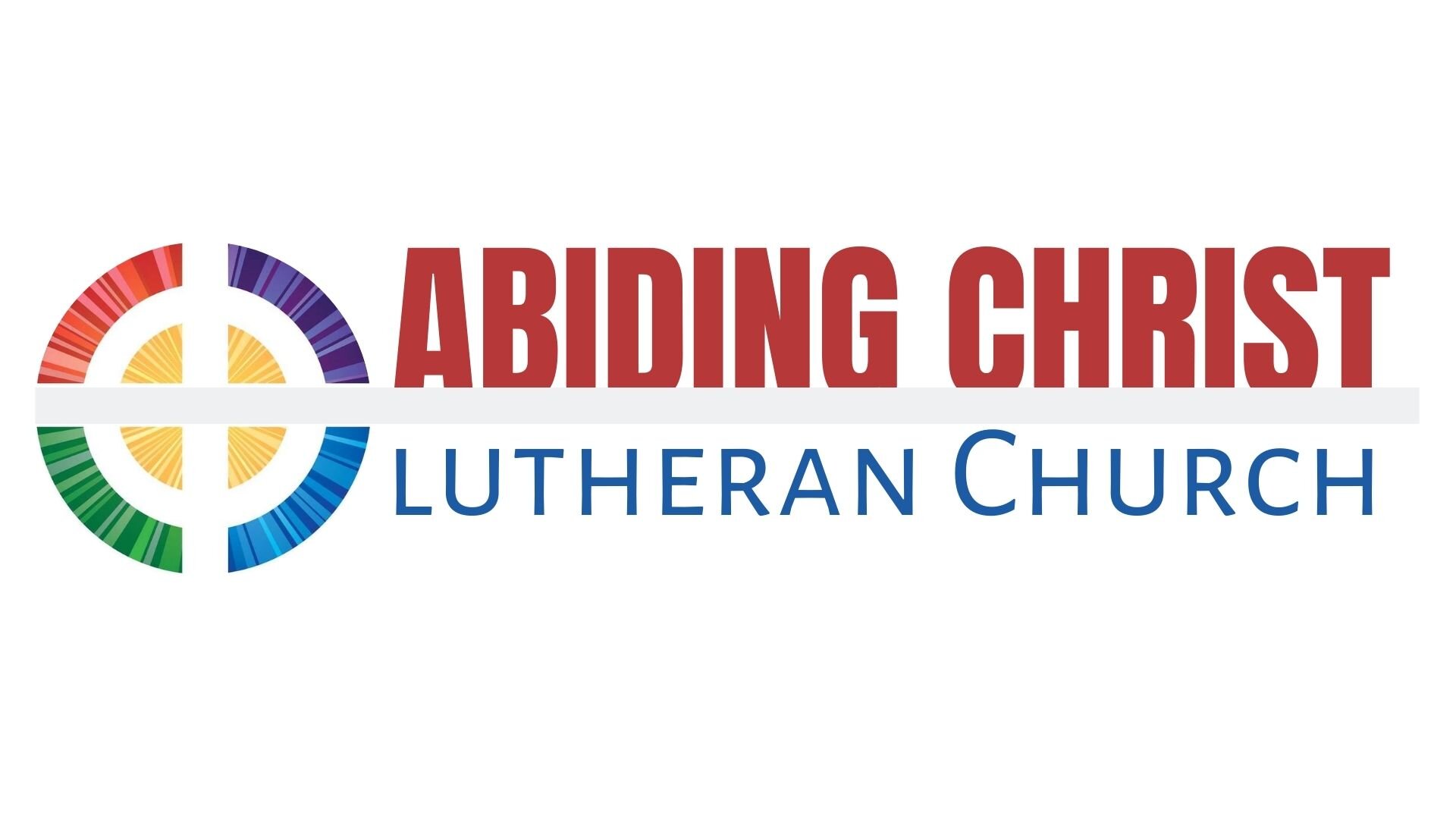I Lift My Soul
PSALM 25:1-5
To you, O Lord, I lift up my soul. O my God, in you I trust; do not let me be put to shame; do not let my enemies exult over me. Do not let those who wait for you be put to shame; let them be ashamed who are wantonly treacherous. Make me to know your ways, O Lord; teach me your paths. Lead me in your truth, and teach me, for you are the God of my salvation; for you I wait all day long.
“To you, O Lord, I lift up my soul.” What does it look like to lift up one’s soul? It’s poetic imagery that tries to describe what is difficult to put into words. As the verse says, it isn’t just about lifting up one’s soul --- it is lifting up one’s soul TO THE LORD. What would that look like? I imagine it to be that part of one’s self that is completely drawn to God, and there is absolutely nothing that comes between one’s soul and God. I imagine it as a pure connection to God.
Poetry is certainly involved with this psalm. These five verses are only a portion of the 21 verse psalm, and it has a poetic construct to it. It is an “acrostic” psalm. That means that each verse begins with a succeeding letter of the Hebrew “alphabet.” In English, it would be like verse one beginning with the letter “A,” the second verse would begin with the letter “B,” and so on. The Hebrew reader would have noticed this right away.
With a poetic construct and certainly some poetic imagery, we also get a glimpse into authentic realities of the human condition. The psalmist, perhaps David, is experiencing deep trust in the Lord, and yet, it seems that the Lord is absent. Thus the psalmist (desperately?) cries out, “I’m trusting in you; I’m counting on you --- don’t let me down and don’t let my hope be in vain. Moreover, don’t let those who are laughing at me for trusting in you be right!”
We lift up our souls to God when we pray. We turn to God, and we yearn for God’s presence, we yearn for God to hear us, and we yearn for God to respond. Sometimes, as in the case of the circumstances surrounding the psalmist, that response may be slow in coming. There is still trust, however, and there is still hope that the Lord’s action will be forthcoming, but in the meantime, there is waiting. In the covenantal relationship, it is holy waiting, and it is expressed in the poetic imagery of a soul being lifted up to the Lord. Sometimes we even sing about it, as in, “then sings my soul,” or “and the soul felt its worth,” or even, “it is well with my soul.” May you lift up your soul to the Lord, full of trust and hope, as you wait for God’s providing. Amen.

